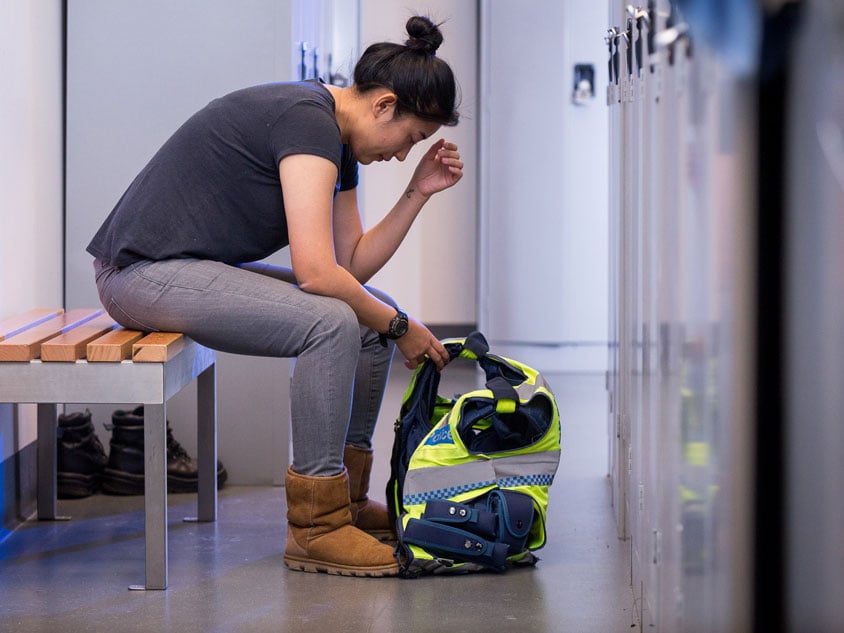Police stress is unique

A big difference
Everyone feels stressed from time to time. The difference is, with most people, it’s momentary.
There’s an end date. But for police, it’s something that’s related to the negative pressures that come with wearing the badge.
Police are affected by their daily exposure to human indecency and pain.
Over time, dealing with a hostile public starts to take its toll on emotions.
The continuous threat of danger adds to the stress.
This topic is explored in the Stress of Life book by Dr. Hans.
He talks about the effect of long-term environmental threats, otherwise known as ‘stressors.’
If left untreated, these stressors can lead to high blood pressure, ulcers, digestive disorders, headaches and even heart disease.
Police stress can be categorised into four areas:
- Stresses inherent in police work
- Stresses arising internally from police department practices and policies
- External stresses stemming from the criminal justice system and the society at large
- Internal stresses confronting individual officers.
Officers wear multiple hats – constantly juggling between serving the public, enforcing the law, being a good partner, parent, and friend.
They have a great responsibility to the health and safety of both people they love and strangers.
Even officers who are mentally prepared and experienced still suffer from stress.
There are a multitude of layers of stress – such as the degree of threat and using judgement to shoot, and how the media treats the situation.
There’s court appearances, the negative attitudes towards police from the larger society, and the lack of rehabilitation agencies.
The difference between male & female officers
Statistically, female officers can be at risk of additional stressors.
They’re more likely to experience disapproval from colleagues, family, friends, and the public.
While it might not come from a negative angle, the concern that women aren’t able to handle the work is enough.
Having to prove themselves to male officers and showing they can deal with the emotional and physical part of the job is a real issue.
According to one study, males and females can have different approaches to situations.
Female ethics can be more focused on caring, this links them to the understanding of responsibilities and relations.
For men, their ethics can be more focused on justice and are connected to the understanding of rights and rules.
Women care for others by taking a variety of voices into account, which is an advantage in police departments.
They’re reluctant to 'judge' according to a strict hierarchy of rules (which is a simple-minded, moral relativism).
Rather, women attempt to take into account the intricacies of individuals’ lives and experiences in moral decision-making.
A shift in stereotype about the typical police officer will help. With more women entering the force,
it’s an opportunity to change people’s perceptions and create a healthier environment.
Encouraging physical fitness, diet, relaxation, and feedback to cope with stress can also reduce the effect a continual negative environment causes.